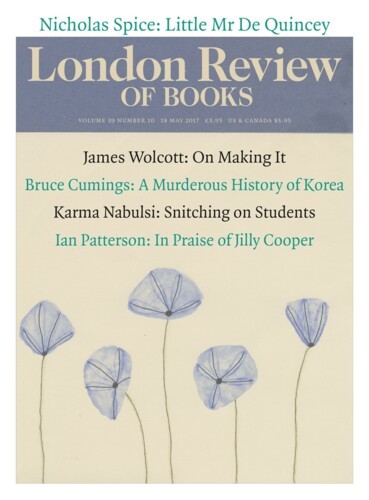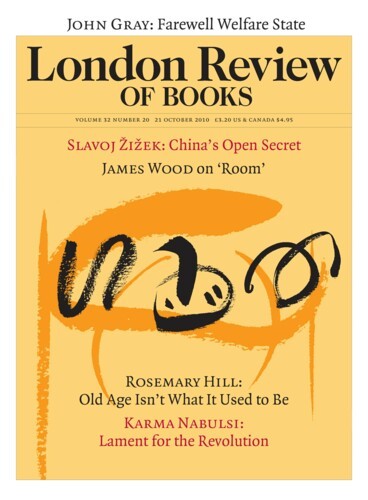Nowadays, when Palestinian activists in their twenties and thirties meet up with veterans of the Palestinian struggle, they show an unexpected thoughtfulness towards the older, revolutionary generation, to which I belong. This is nothing like the courtesy extended as a matter of course to older people in our part of the world: it is more intimate and more poignant. What brings us together is always the need to discuss the options before us, and to see if a plan can be made. Everyone argues, laughs, shouts and tells black jokes. But whenever a proper discussion begins, the suddenly lowered voices of our frustrated young people, many of them at the heart of the fierce protests on university campuses and in rights campaigns elsewhere, have the same tone I used to hear in the voices of our young ambulance workers in Lebanon in the 1970s and 1980s: an elegiac gentleness towards the hopelessly wounded, towards those who were already beyond repair.
Nowadays, when Palestinian activists in their twenties and thirties meet up with veterans of the Palestinian struggle, they show an unexpected thoughtfulness towards the older, revolutionary ...



